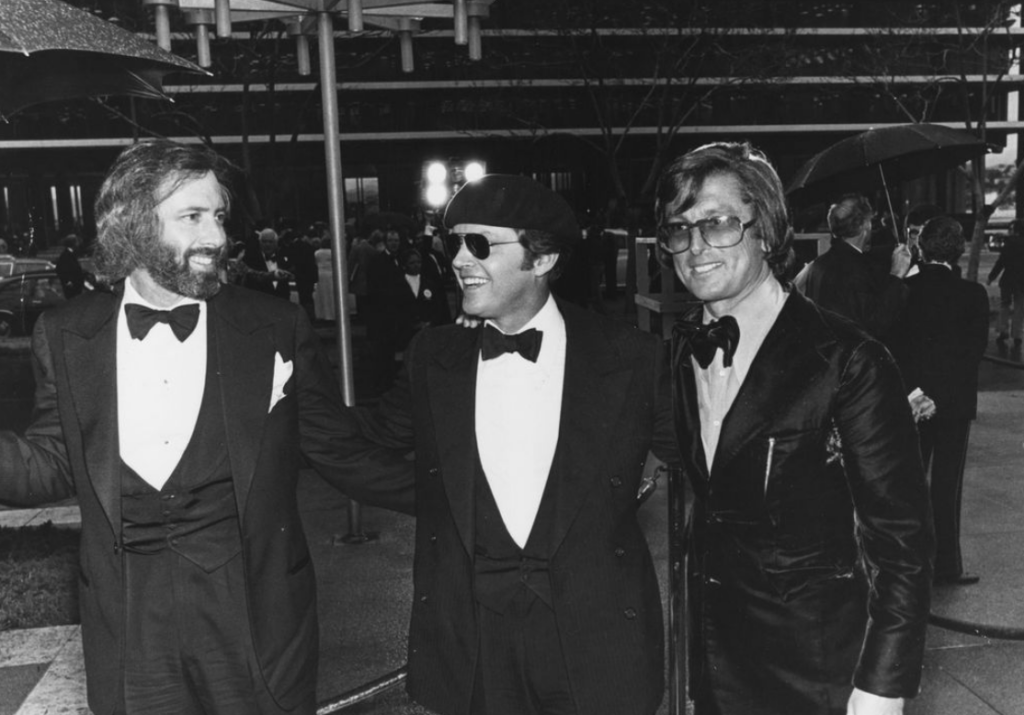Robert Towne

The great screenwriter, script doctor and director passed away:
Robert Towne, whose screenplay for Roman Polanski’s “Chinatown” won an Oscar, and whose work on that and other important films established him as one of the leading screenwriters of the so-called New Hollywood, died on Monday at his home in Los Angeles. He was 89.
His publicist, Carri McClure, confirmed his death on Tuesday. She did not cite a cause.
Mr. Towne’s Academy Award was part of a phenomenal run. He was nominated for best-screenplay Oscars three years in a row; his “Chinatown” win, in 1974, came between nominations for “The Last Detail” and “Shampoo,” both directed by Hal Ashby. He had also worked as an uncredited script doctor on “Bonnie and Clyde” (1967) and “The Godfather” (1972).
He was widely regarded as a master at writing dialogue, though he was less gifted at meeting deadlines — he was notorious for delivering long, unshapely scripts way past their due dates. The film historian David Thomson called him “a fascinating contradiction: in many ways idealistic, sentimental and very talented; in others a devout compromiser, a delayer, so insecure that he can sometimes seem devious.”
Mr. Towne later directed a few movies, and occasionally appeared onscreen, but he left his most lasting mark as a writer. And although he remained active into the 21st century, his reputation is based largely on the work he did in the 1970s.
[…]
Six years after the poor performance of “Personal Best,” Mr. Towne returned to directing with “Tequila Sunrise,” a suspense film starring Mel Gibson, Michelle Pfeiffer and Kurt Russell. Although it enjoyed some critical and box-office success, he would direct only two more movies, “Without Limits” (1998) and “Ask the Dust” (2006).
He remained active as a writer, notably contributing to the first two films in the “Mission: Impossible” franchise, and was credited as “consulting producer” on the 2014-15 season of “Mad Men.” But his glory days, like the New Hollywood itself, were long gone.
It’s true that as with many artists most of his legacy was established in the earlier parts of his career, although he had more ability as a director than he was sometimes given credit for — Personal Best, Tequila Sunrise, and Without Limit are all pretty good pictures. But as a writer he was very great at his peak, and a great peak is enough. R.I.P.


